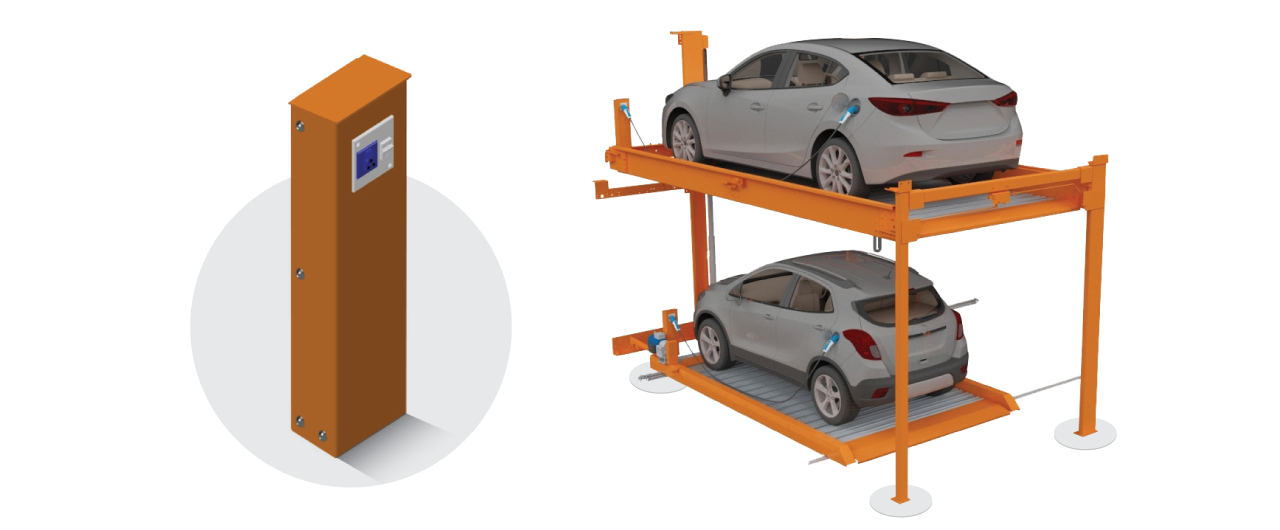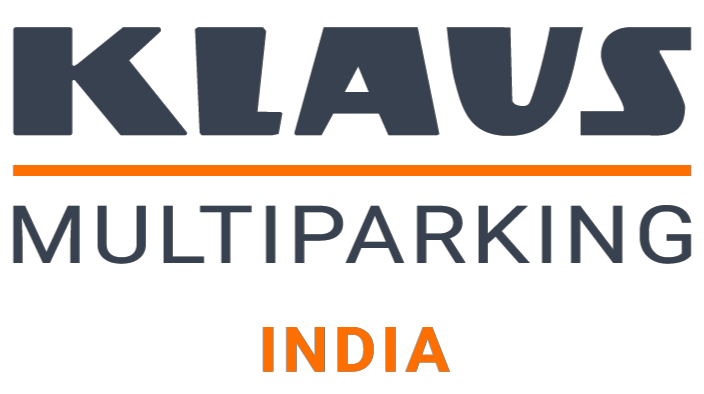A world where all-electric vehicles (or EVs) dominate the roads is still a dream.
Major car manufacturers in India are also gearing up to announce the launch of electric cars as well as two-wheelers. The Indian government also aims to make our roads free of petrol and diesel cars in the near future.
Electric vehicles, sometimes referred to as EVs, are set to be the next most preferred vehicle, but what does this mean for a consumer?
Most of us don’t own electric cars, but now’s the time to start thinking about how they are going to bring about social and environmental changes.
Advantages of electric vehicles:
- No fuel, no emissions
EVs can help you decrease your personal impact on the environment through transport. No petrol or diesel is required in a fully electric vehicle, which lowers your carbon footprint.
- Low running costs
Petrol and diesel prices in India are increasing regularly. An EV can help you save on these costs compared to their fossil-fuel counterparts.
- Low maintenance
Petrol and diesel engines can require expensive engine maintenance while electric vehicles do not need frequent maintenance.
- Good performance
As more EV manufacturers are entering the market and providing competitive pricing performance, EVs will soon be a common sight.
As more EVs find their way onto our roads, we will see the supporting infrastructure expand. However, an increasing number of EVs will need more EV charging stations. With the swift rise in demand for electric vehicles, EV manufacturers are focusing on long-range battery vehicles and investing in enhancing the EV charging infrastructure. Setting up charging stations in places where the vehicle is going to be for longer periods of time makes more sense than setting up charging stations at different places. Parking spaces of residential or commercial buildings can be equipped with EV charging points for comfortable charging.
Electric vehicles require compact EV charging solutions that ensure faster and on-demand charging and robust connectivity to support electric vehicles’ current and future needs. In practical terms, this means EV battery recharging needs to be automatic, convenient, and faster than it currently is. Today’s hand-operated battery recharging process requires drivers to park at available recharging stations and physically connect their EV to a large electrical cable. Once plugged in, the recharging process can take hours to complete, which effectively means a loss of time and efficiency.
KLAUS Multiparking has acknowledged that electric vehicles are becoming increasingly popular, the demand for electric charging is growing daily. That demand will almost undoubtedly inflate prices. Considering this, it may be wisest for the consumers to invest in EV charging stations now, before prices increase.
As the global leader in providing cutting-edge parking solutions, we are exploring the possibilities and opportunities to integrate EV charging capability into our multilevel parking systems. We are currently able to provide and integrate EV charging as part of our accessory range. As an innovative multilevel parking system manufacturer, we are also exploring other ways to provide our end-users with simpler ways to charge their EVs while they are parked on our multilevel parking systems.
EV charging stations represent an important move towards building futuristic transportation infrastructure. In order for EVs to gain wider approval, their charging has to become more convenient and efficient and KLAUS Multiparking has taken a huge step towards that by making them available with multilevel parking systems.









